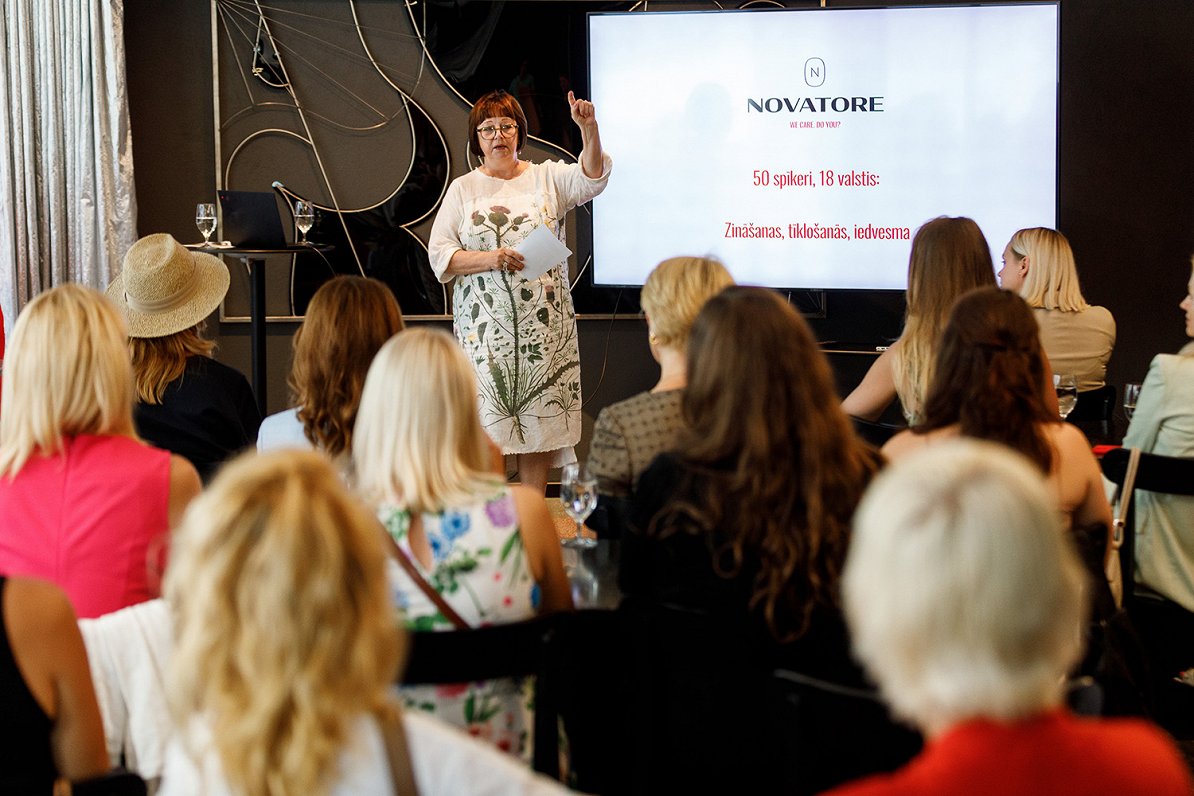The study was conducted in August 2022 by research agency Forta Research and market research company Norstat, surveying 3,352 residents of Latvia, Estonia and Lithuania aged 18 to 65. It was conducted online.
92% of Lithuanians and 93% of Latvians and Estonians said they believed in equality between the sexes.
Despite the general belief in equality, only around a half of Baltic residents believe it already exists (51% in Latvia, 49% in Estonia, 40% in Lithuania) in areas like wages, childcare, household chores, and career development.
A strong majority (88%) of Baltic residents think gender is irrelevant when it comes to doing any particular job. Fewer than one in five Baltic residents (19%) believe that men are more suited to managing large corporations or organisations than women.
“Though the majority of Baltic residents is of the opinion that most professions are equally suited for both genders, some people still have unreasonable prejudices against women in management positions, for example, women are less able to cope with stress, cannot be strong leaders. Meanwhile, what concerns direct superiors, the survey did not demonstrate that one gender would be more successful in a leading role than the other. It means that there is still a lack of consistency between the kind of society we want to live in and what we actually do, namely, words are not backed by deeds,” said Linda Ezera, the CEO of Forta Research.
More than one third (37%) of Latvian, and almost a half of Lithuanian and Estonian residents (48% and 46% respectively) say that they have experienced gender discrimination that mainly entailed lower wages or hiring practices. This problem was mostly faced by women. 28% of all female respondents had been paid less for their work, while only 6% of men had encountered the same problem. Nearly one in four (24%) Baltic women versus one in ten (9%) men looking for a job said they had faced discrimination.
Unequal treatment is less prevalent in schools and universities, public and municipal authorities, medical facilities, and banks and financial institutions.
Gender stereotypes are more common in older people, while the younger generation tends to be more gender-neutral. The younger the respondent group, the less prejudice they had.
41% of respondents thought women needed to spend more time raising children than men, and 33% believed a woman's primary role is to take care of home and family. 30% expressed the view that a man's main role should be to make money.
Tying in with the research, an international conference for economic empowerment of women: the Novatore Impact Summit, will take place on 22-23 September in Riga to analyse the role of women in economics and promote female leadership.
The two-day event will bring together 50 speakers from 18 countries: influential leaders, entrepreneurs, political leaders, researchers from the entire world to educate and inspire women to achieve their career ambitions and have a greater say in the economics. The second day will be devoted to master classes, where participants will acquire practical knowledge to become stronger leaders.
The agenda of the conference is available here.

























